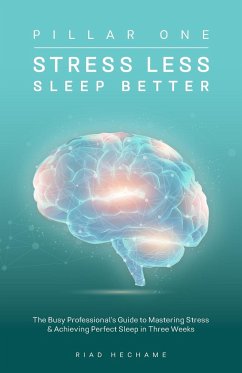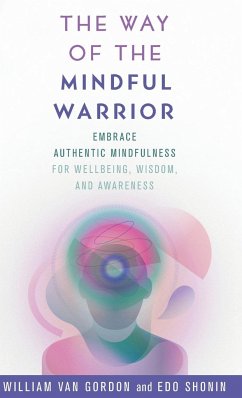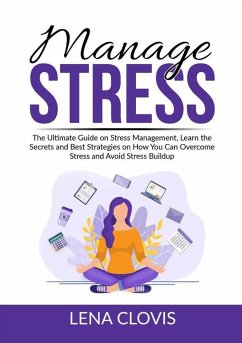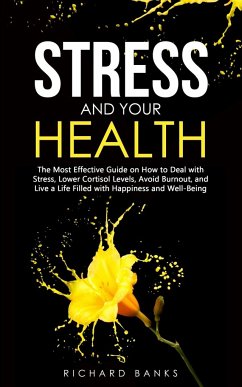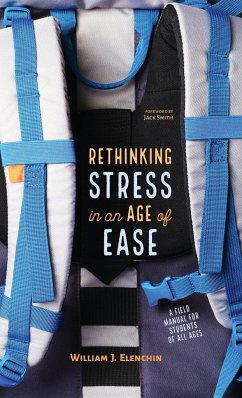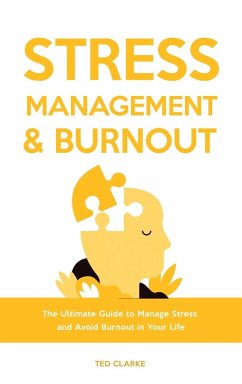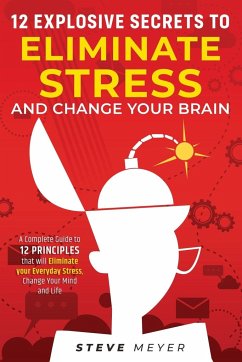Nicht lieferbar
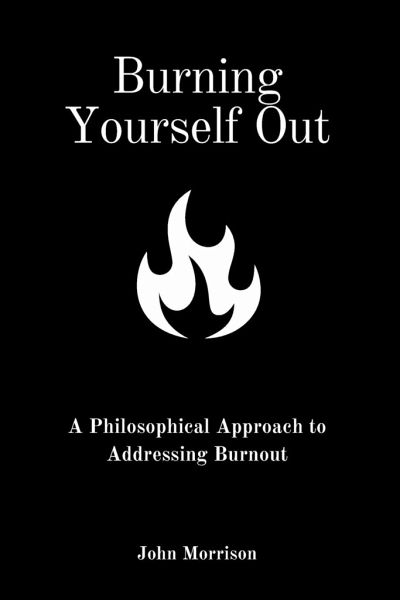
Burning Yourself Out
A Philosophical Approach to Addressing Burnout: A Philosophical Approach
Versandkostenfrei!
Nicht lieferbar
Dr. Morrison connects mindfulness, one of three ways to address and prevent burnout, to philosophical concepts and aphorisms that have been proven to have universal authority in some respect. He quotes from the Stoics, existentialists, and absurdists throughout in hopes that their words coupled with psychological research will encourage you to begin fully examining your life, and whether or not you are suffering or will eventually suffer from burnout, in a more serious way. The World Health Organization included burnout in its 11th Revision of the International Classification of Diseases as an...
Dr. Morrison connects mindfulness, one of three ways to address and prevent burnout, to philosophical concepts and aphorisms that have been proven to have universal authority in some respect. He quotes from the Stoics, existentialists, and absurdists throughout in hopes that their words coupled with psychological research will encourage you to begin fully examining your life, and whether or not you are suffering or will eventually suffer from burnout, in a more serious way. The World Health Organization included burnout in its 11th Revision of the International Classification of Diseases as an "occupational phenomenon". It's not quite classified as a medical condition, but it has been described as a factor that influences health status and as a reason people contact health services. It is defined as a syndrome conceptualized as resulting from chronic workplace stress that has not been successfully managed and consists of three dimensions: feelings of energy depletion or exhaustion; increased mental distance from one's job, or feelings of negativism or cynicism related to one's job; and reduced professional efficacy The increased mental distance from one's job is also referred to as detachment. If you were to summon a visual representation of someone detaching from something you'd probably see them either shrugging their shoulders or flippantly throwing their hands in the air. It is a process of letting go and allows you to release yourself from difficult situations or difficult people. I do see an argument for this being a good thing in some cases, but detachment generated from burnout can cause you to disconnect from critical aspects of your job (or your life). It's difficult to impact someone else's life when you're dealing with your own issues. What's frustrating is that burnout and depersonalization are only two of a multitude of frustrations that educators and people-centered workers deal with year round. Burnout-induced detachment creates an "I don't care anymore" attitude that may prevent the sufferer from experiencing stress and difficulties at their workplace, but it also prevents them from experiencing the joyful and exciting things as well. Basically, they become numb to everything that goes on around them, good and bad. Have you ever been asked to do something you didn't care about? How difficult was it to do? How difficult was it to feign interest in doing it? How did it feel "phoning it in"? Unsatisfying? Unfulfilling? Did it feel as though you were trudging through mud and it would never end? When you're detached from your work it becomes cumbersome and unbearable no matter what industry you're in.







